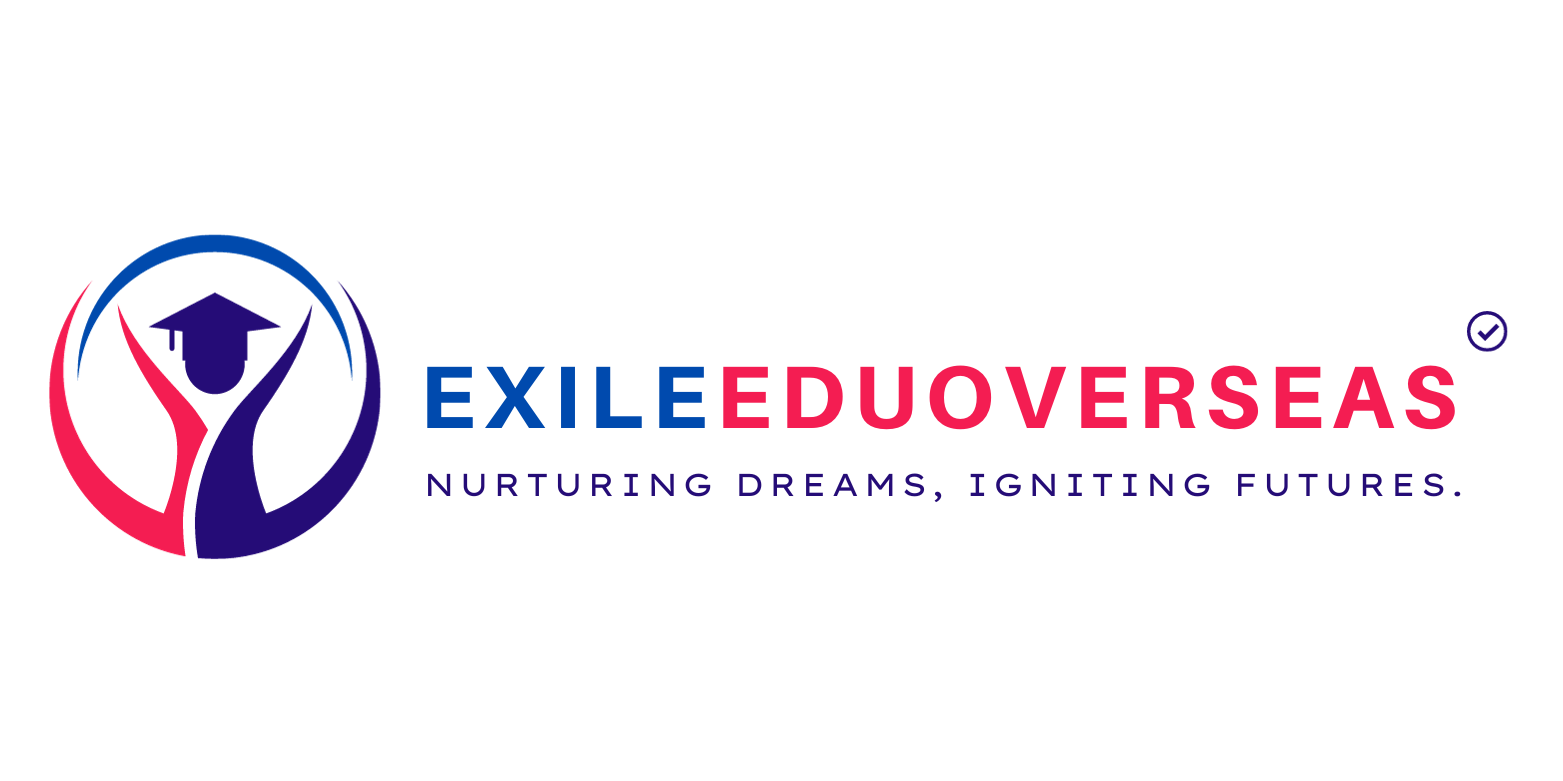
Study In Lithuania
Studying in Lithuania offers an excellent European education and a rich cultural experience. Here are the admission requirements, visa processes, and other details you should be aware of.
Admission Requirements
Choose a Program: Select the university and the program you wish to study. Research the admission requirements for your specific program of interest, as they can vary.
Eligibility Criteria: Typically, you’ll need a secondary school diploma or equivalent, along with specific academic qualifications depending on your chosen program.
Language Proficiency: Most programs are taught in English, so you’ll need to provide proof of English proficiency, usually through IELTS or TOEFL scores. Some universities may require you to take a university-specific language test.
Application Documents: Prepare the following documents
- Completed Application Form
- Transcripts And Diplomas
- Curriculum Vitae (CV)
- Letter Of Motivation
- Letters Of Recommendation
- Passport Copy
- Passport-Sized Photos
- Proof Of Application Fee Payment
- Portfolio or Additional Tests: Some programs, such as art or design, may require a portfolio or additional tests as part of the application.
Visa Process
Acceptance Letter: After being accepted into a Lithuanian university, you will receive an official acceptance letter from the university.
Apply for a Visa: Apply for a Lithuanian national visa (D-type) at the nearest Lithuanian embassy or consulate. You will need to provide the following
- A completed visa application form
- Your valid passport
- The acceptance letter from the university
- Proof of sufficient funds to cover your stay
- Health insurance
- Visa fee payment
Medical Examination: Some students may be required to undergo a medical examination at an approved medical institution. The specific requirements can vary.
Interview: Be prepared for a visa interview at the embassy or consulate. They may ask about your study plans, financial support, and other related matters.
Wait for Visa Approval: After the interview, wait for the visa approval, which can take several weeks.
Travel to Lithuania: Once your visa is approved, you can travel to Lithuania.
Other Details
Cost of Living: The cost of living in Lithuania is relatively affordable compared to many Western European countries. On average, students should budget for accommodation, food, transportation, and other expenses.
Accommodation: Universities often provide accommodation options, but you can also explore private housing. Student dormitories are a popular choice for their affordability and proximity to campus.
Health Insurance: You are required to have health insurance that covers your entire stay in Lithuania. You can often arrange this through the university.
Part-Time Work: While studying, international students are allowed to work part-time to supplement their expenses. Check the specific regulations with your university.
Residence Permit: After your arrival in Lithuania, you will need to apply for a temporary residence permit, which is typically processed by the Lithuanian Migration Department.



